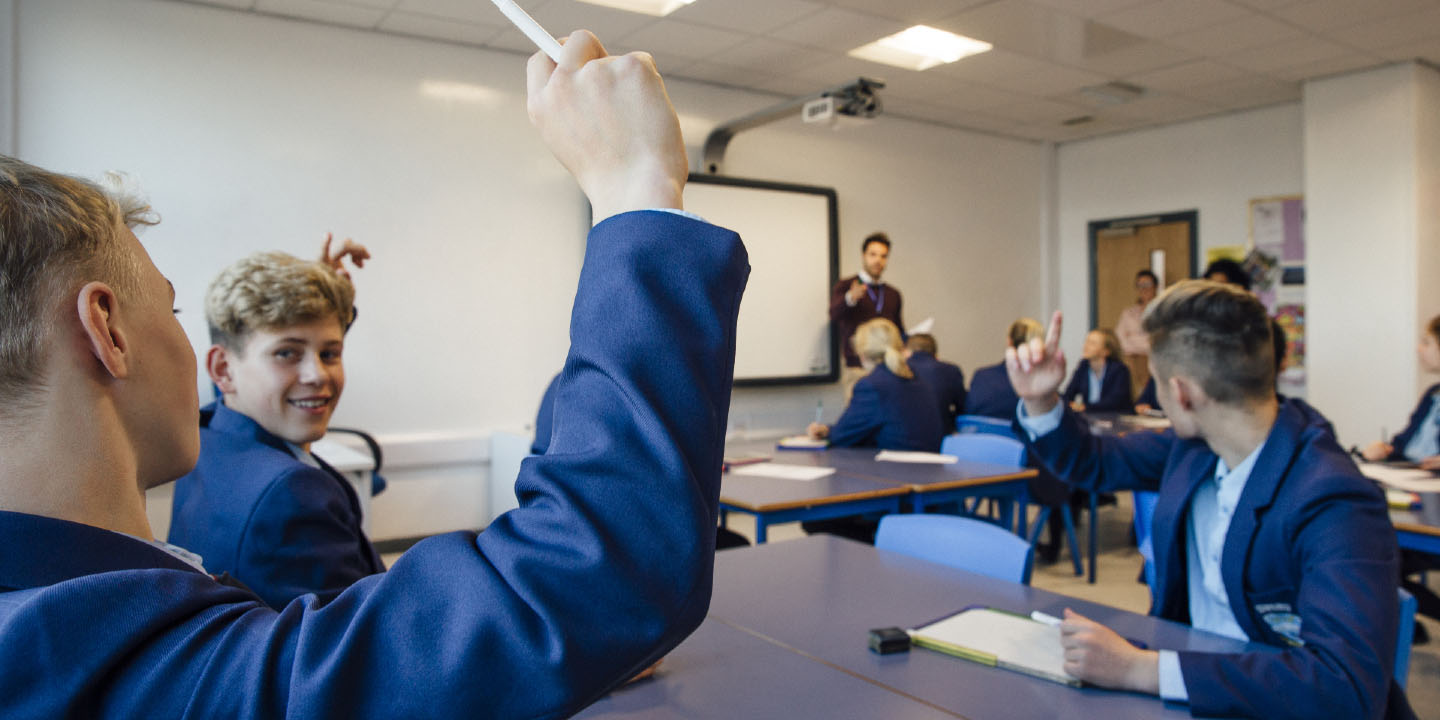
Schools sought for student engagement research
ACER news 13 Feb 2023 4 minute readThe Australian Council for Educational Research (ACER) is commencing a 12-month study that will investigate student perspectives on engaging in learning at school.
Announcing the new project today in Teacher magazine, ACER Research Fellow Dr Amy Berry explained, ‘Not only will this give children and young people a voice in the research into student engagement, it will also help us to better support students to become highly engaged, active and skilled lifelong learners.’
Dr Berry has an extensive research background in student engagement in learning, which she defines as the degree of effort, interest, curiosity, persistence and risk-taking that students choose to invest in learning.
‘Often, we make very little distinction between being engaged in school – turning up and taking part in things that happen at school – and being engaged in the process of learning – taking actions designed to improve our understanding or skills. These two things are related but they are not the same thing,’ Dr Berry explains.
Dr Berry’s work includes the development of a continuum of student engagement. The continuum consists of three forms of disengagement – Disrupting, Avoiding and Withdrawing – and three forms of engagement – Participating, Investing and Driving. Both engagement and disengagement range from passive forms to more active forms.
As Dr Berry explains in Teacher, ‘Generally, the language of engagement in schools is about whether students are engaged or disengaged. In my research, I was interested in how teachers think about and describe student engagement and disengagement based on their experiences in the classroom.’
According to Dr Berry, one of the challenges teachers face when attempting to improve student engagement is that student engagement is often mixed up with behaviour management, meaning the task becomes one of managing compliance rather than inspiring active learning.
‘We need to develop a shared understanding of and language for engagement so we can talk about it, we need to be clear about how both parties can contribute to the partnership, and we need some sort of ongoing process that will support us to think about and talk about engagement during learning experiences every day,’ Dr Berry says.
Schools in the greater Melbourne area that are interested in contributing to the research can contact Dr Berry for more information.
Read the full article:
'Expert Q&A: Student engagement in learning', by Rebecca Vukovic, is published in Teacher.
